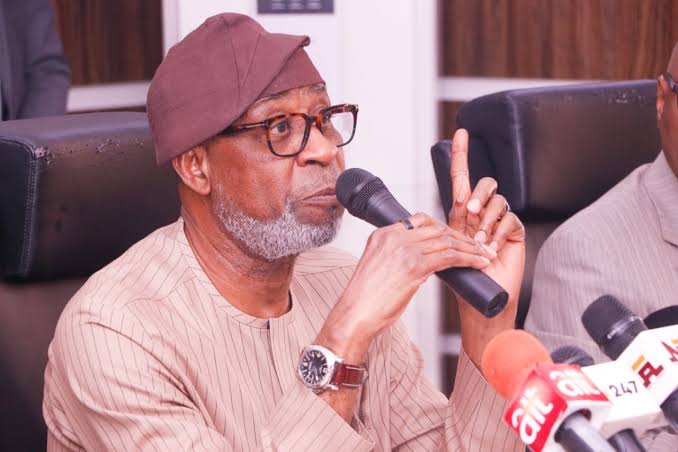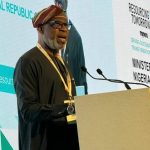The Federal Government has announced plans to revoke more than 1,000 dormant mining licences across Nigeria in its latest effort to sanitise the licencing system and reposition the mining and steel industry for industrial growth.
Minister of Solid Minerals Development, Dr Dele Alake, made this known at the opening of the maiden National Steel Summit in Abuja. He explained that the upcoming revocation follows a similar move in May 2024, when 924 inactive licences were cancelled over allegations that some holders used them to fuel a black market in mining titles. Those cancellations covered 528 exploration licences, 20 mining leases, 101 quarry licences, and 273 small-scale mining licences.
Alake stressed that the solid minerals sector will no longer serve as a playground for speculators but will instead drive national industrial growth and position Nigeria as a leader in Africa’s steel market. He said the government is building a foundation where mineral resources directly create jobs, feed local industries, and support economic prosperity.
The minister emphasised that Nigeria must stop the cycle of exporting raw minerals while importing finished products. Instead, the country should leverage its mineral wealth to create technology-driven jobs, develop local capacity, and enhance industrial competitiveness.
He also noted that the Ministry of Solid Minerals Development is working closely with the Ministry of Steel Development to ensure mineral policies align with steel production goals. According to him, both sectors are mutually dependent and must work in synergy to meet the government’s economic diversification priorities.
Minister of Industry, Trade and Investment, Dr Jumoke Oduwole, said her ministry is implementing reforms to boost industrialisation, manufacturing, and innovation. These include developing special economic corridors, improving trade and labour infrastructure, and positioning Nigeria as a competitive destination for steel investments.
Minister of Steel Development, Mr Shuiabu Audu, described the steel industry as the backbone of industrial growth, being vital for sectors such as construction, automotive, electronics, shipbuilding, defence, and telecommunications. Despite Nigeria’s abundant raw materials, he noted that the lack of operational integrated steel plants has hindered the country’s progress.
Audu explained that the summit aims to assess the industry’s current state, identify investment opportunities, and bridge policy and infrastructure gaps, with the ultimate goal of creating a unified strategy for a sustainable steel sector in Nigeria.










